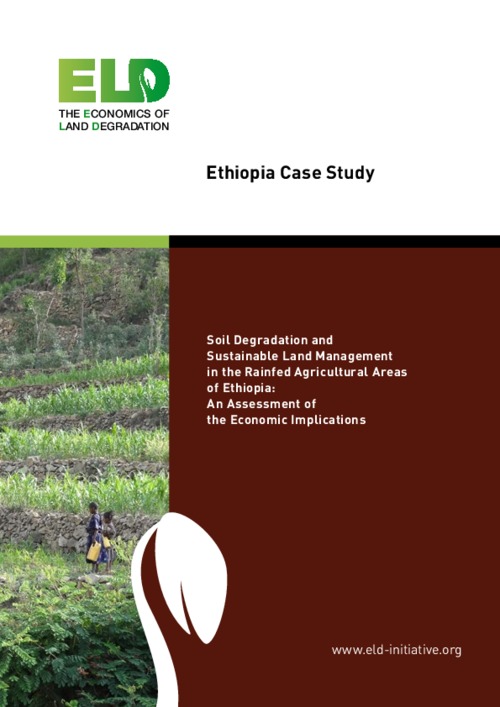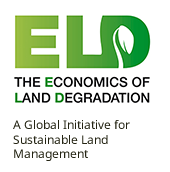Ethiopia Case Study_ Soil Degradation and Sustainable Land Management in the Rainfed Agricultural Areas of Ethiopia: An Assessment of the Economic Implications
Resource information
Date of publication
November 2015
Resource Language
ISBN / Resource ID
mel:20.500.11766/4294
License of the resource
Soil erosion and deposition values were estimated using pixel based landscape information and the Unit Stream Power Erosion Deposition (USPED) model, which works with the Universal Soil Loss Equation (USLE) parameters. The USPED model was adapted to Ethiopian conditions based on evidence from the Soil Conservation Research Programme, and calibrated and validated using data from former research stations as well as the Abbay (Blue Nile) Basin. Additionally, some of the USLE parameters were reduced in order to achieve a satisfactory approximation of sediment loss for the Abbay Basin.
Publisher(s)
Geographical focus



